In English
26 de fevereiro de 2025
Junior Reporter | The World of the Curious Ones – Level 2
Article published on Joca 236

A journalist with a degree from the School of Communication and Arts at the University of São Paulo (ECA-USP), Marcelo Duarte is the creator of the renowned multi-volume Guia dos Curiosos (The guide for the curious ones). The guide, an almanac of fun facts on limitless and universal subjects, has continued to appeal to different generations for 30 years. The communicator and writer has also published books for the famous Vaga-Lume series, by Editora Ática, and founded his own publishing house, Panda Book, in 1989. He has written other books for young people and is also the current curator of the Football Museum. Junior reporter Mateus G., age 12, conducted a very dynamic interview with Duarte. Check it out.
What inspired you to create videos and books for children?
I’ve been writing for a long time. I’ve been doing books for 30 years. I started with Guia dos Curiosos, which is like a big almanac. I did this book at a time when Google did not exist. If anyone wanted to remember something, like the names of the Seven Dwarfs from Snow White, it was hard to find. Nowadays, with the Internet, it takes about six seconds, but back then it was hard. I came up with the idea of gathering a lot of information in a book. Thanks to Guia dos Curiosos, I’ve been able to fulfill other wishes, such as that of writing for children. I owe everything I’ve achieved in the last 40 years to reading when I was young. Writing for young people is a way to thank the authors who helped me enjoy reading. Enjoying reading made me a curious, fair, and honest person. So, I wanted to give that back to the world, because a lot of people think that a reader is born a reader, but no, a reader is formed, like everything else in life.
What is the story of your journalism career?
When I was your age, I dreamed of being an airplane pilot so I could see the world. When I was a kid, traveling was rare. My father had a cousin who was a journalist and sent postcards from various countries. I’d see those postcards from Nepal, Japan, Germany, and Spain and think: “I want to see the world too”. Since I loved writing, I decided to become a journalist. I started making school newspapers, which I’ve kept to this day. I created monthly sports bulletins using photocopies and pictures cut out of magazines. I’m very happy being a journalist. If I weren’t, I’d be a very sad person.
How did you research so much trivia in the old days with no Internet? And today, with everything at your fingertips, how do you find interesting content for books, podcasts, and videos?
Mateus, your question is brilliant! Before the Internet, the most efficient way to get information was to call the right people. If I needed to know the speed of a Ferris wheel, I would call Playcenter and speak to an engineer. If I wanted to find out about calories, I called USP’s School of Nutrition. Access to information was much more personal and reliable. An interesting example was when I needed to list the names of the children of Brazil’s presidents. As this information was not accessible, I called various universities until I was referred to the Brazilian College of Genealogy. They didn’t have a phone, so I asked a law firm in the same building for help. Nowadays, this research would take a minute using the Internet, which doesn’t always provide reliable information.
How do you feel knowing that, after 30 years, the Guia dos Curiosos is still a success?
In September 2024, Panda Books had a prominent stand at the São Paulo Biennial Book Fair. It was incredible to see children taking an interest in the book, leafing through it and buying it, even with the competition of toys nearby. The success in sales showed that children are still very curious. Many adults also sought autographs, but my greatest joy was seeing the interest of younger generations. This prompted an update to the Guia dos Curiosos for its 30th anniversary, which is to be released in October.
Do you think artificial intelligence can do away with children’s curiosity and creativity?
This is a very important question. That’s why I wrote 2064, a young adult novel that discusses the impact of artificial intelligence. In the book, children are forbidden to think and must follow everything that AI commands. However, three girls decide to rebel against this rule, which leads to a series of mishaps. The idea is precisely to discuss with children how AI can be good and, at the same time, harmful to our education. The book is coming out in April and brings this reflection in a light and amusing way.
Enjoying reading made me a curious, fair, and honest person (…) a lot of people think that a reader is born a reader, but no, a reader is formed, like everything else in life.
Ixi! Você bateu no paywall!
Ainda não é assinante? Assine agora e tenha acesso ilimitado ao conteúdo do Joca.

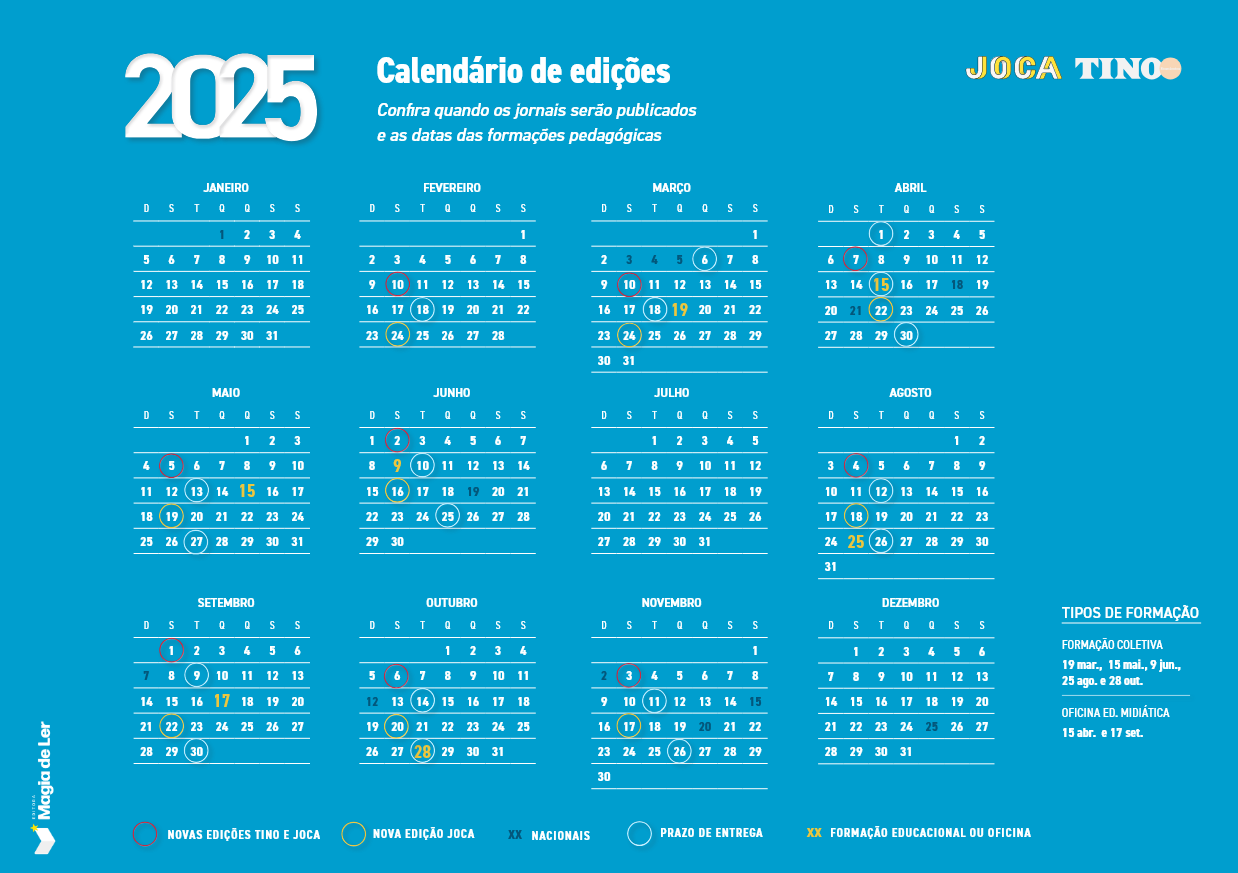
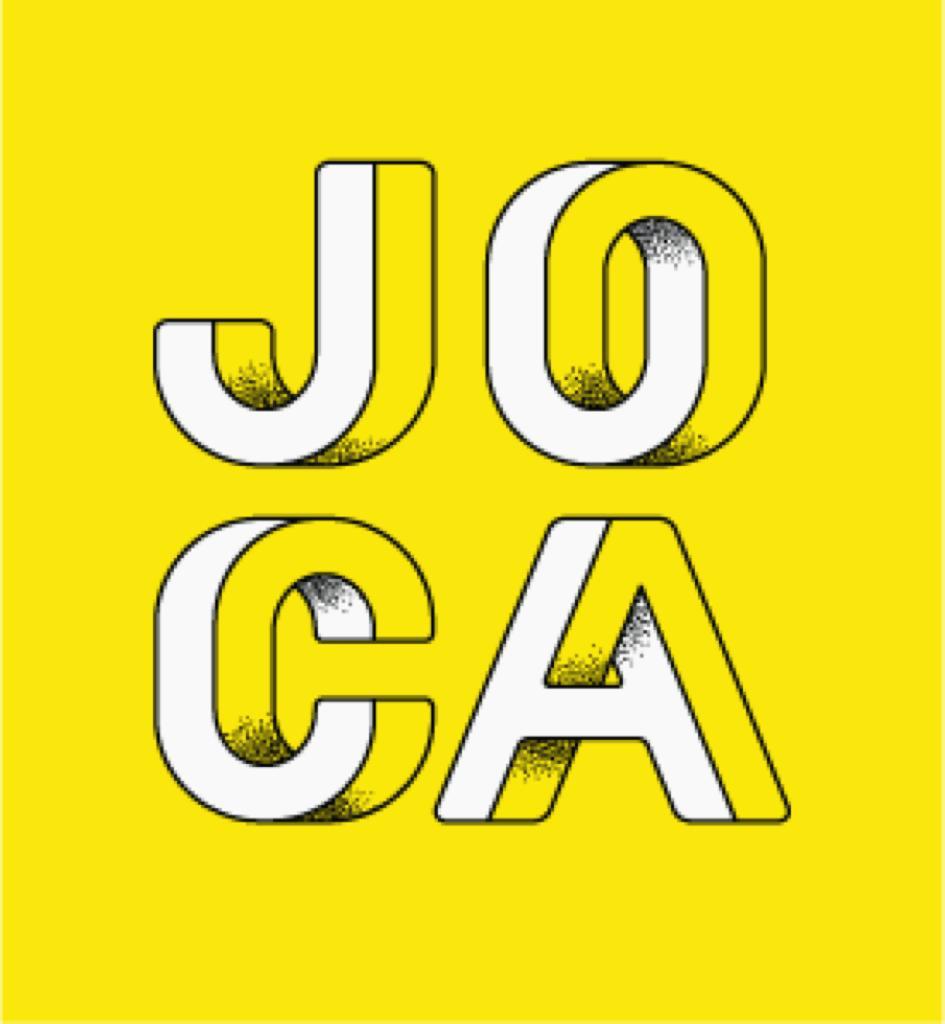


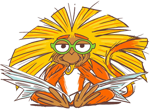


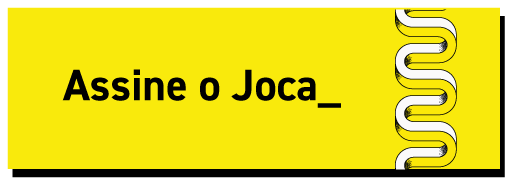
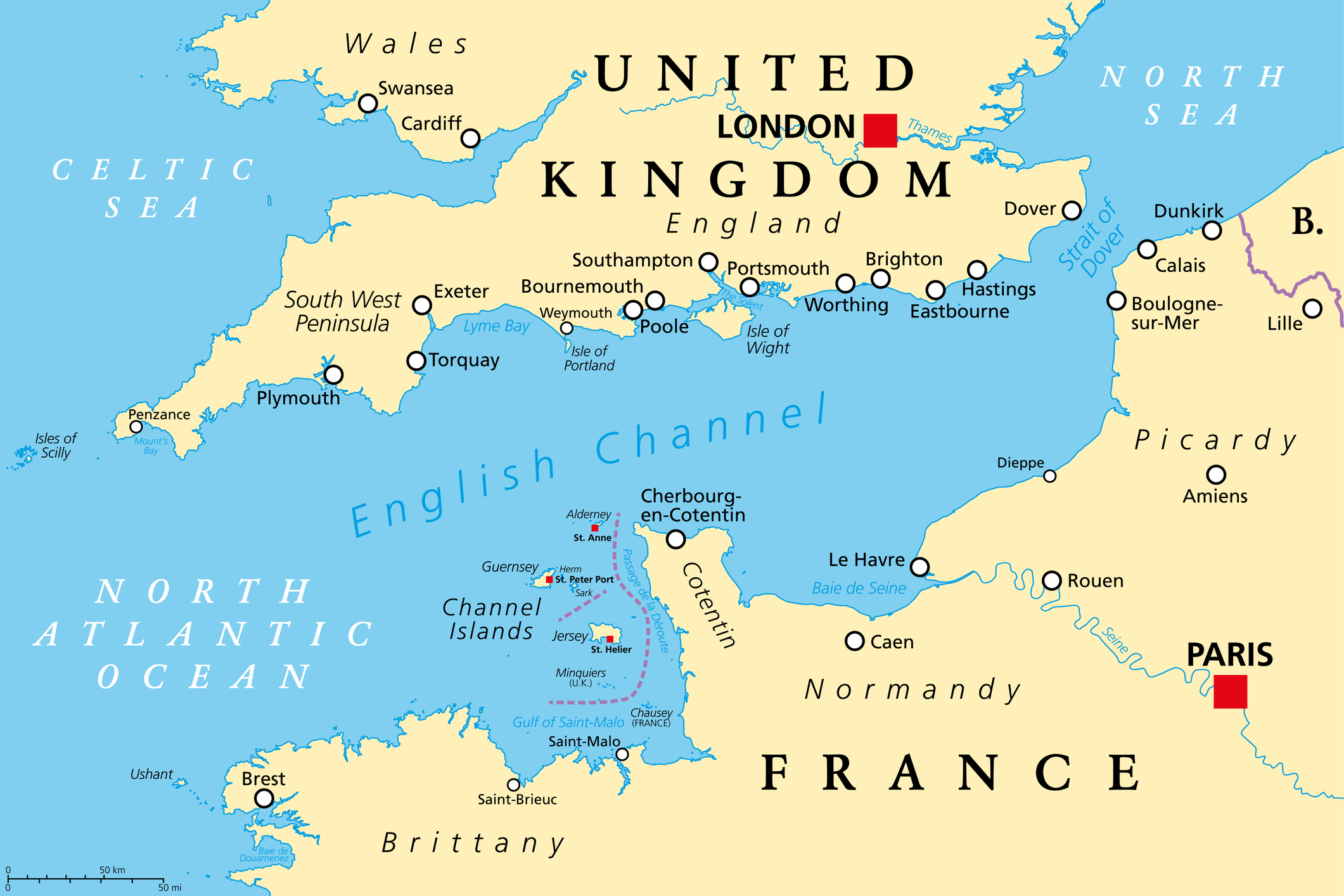

Você precisa fazer o login para publicar um comentário.